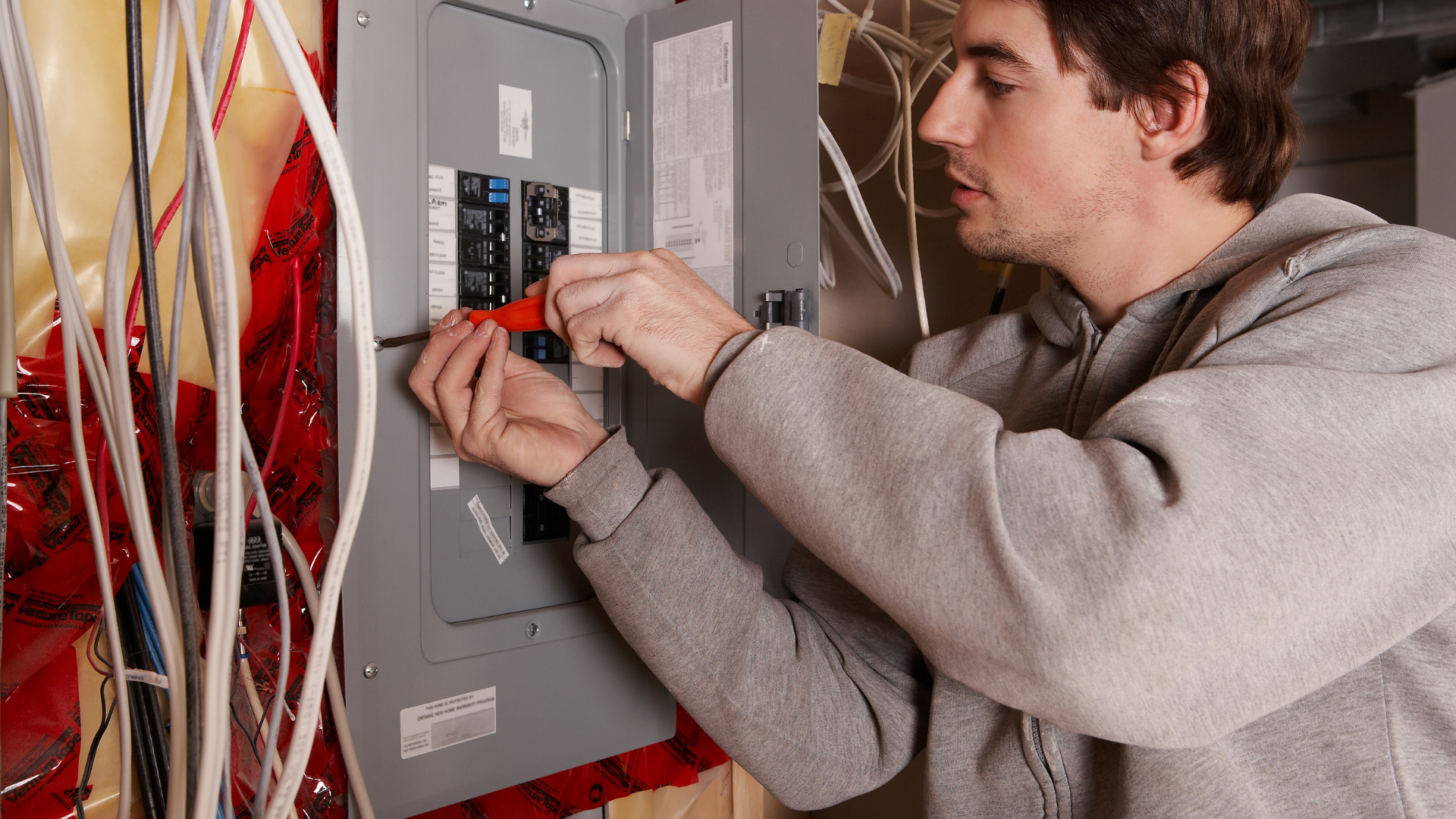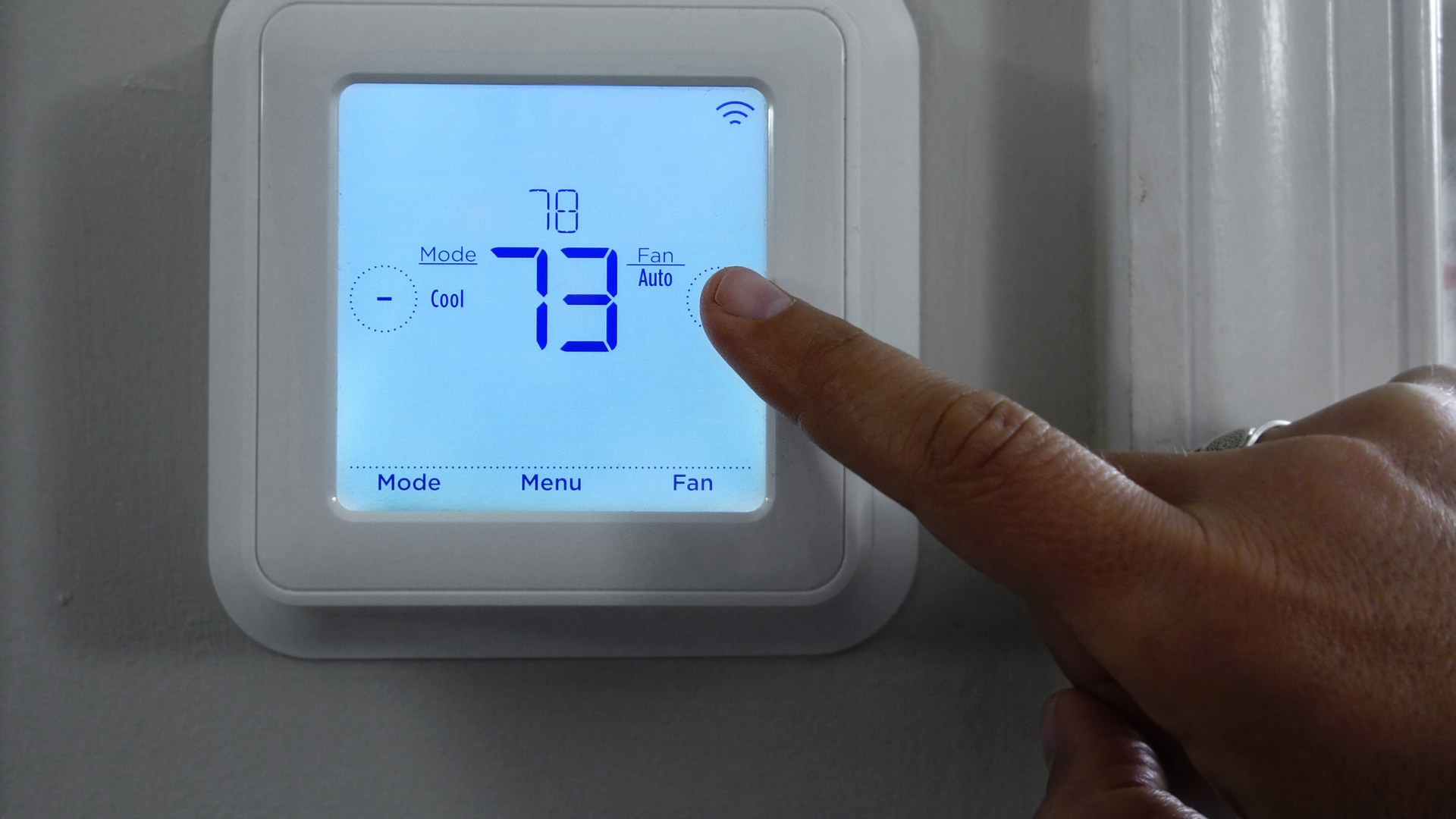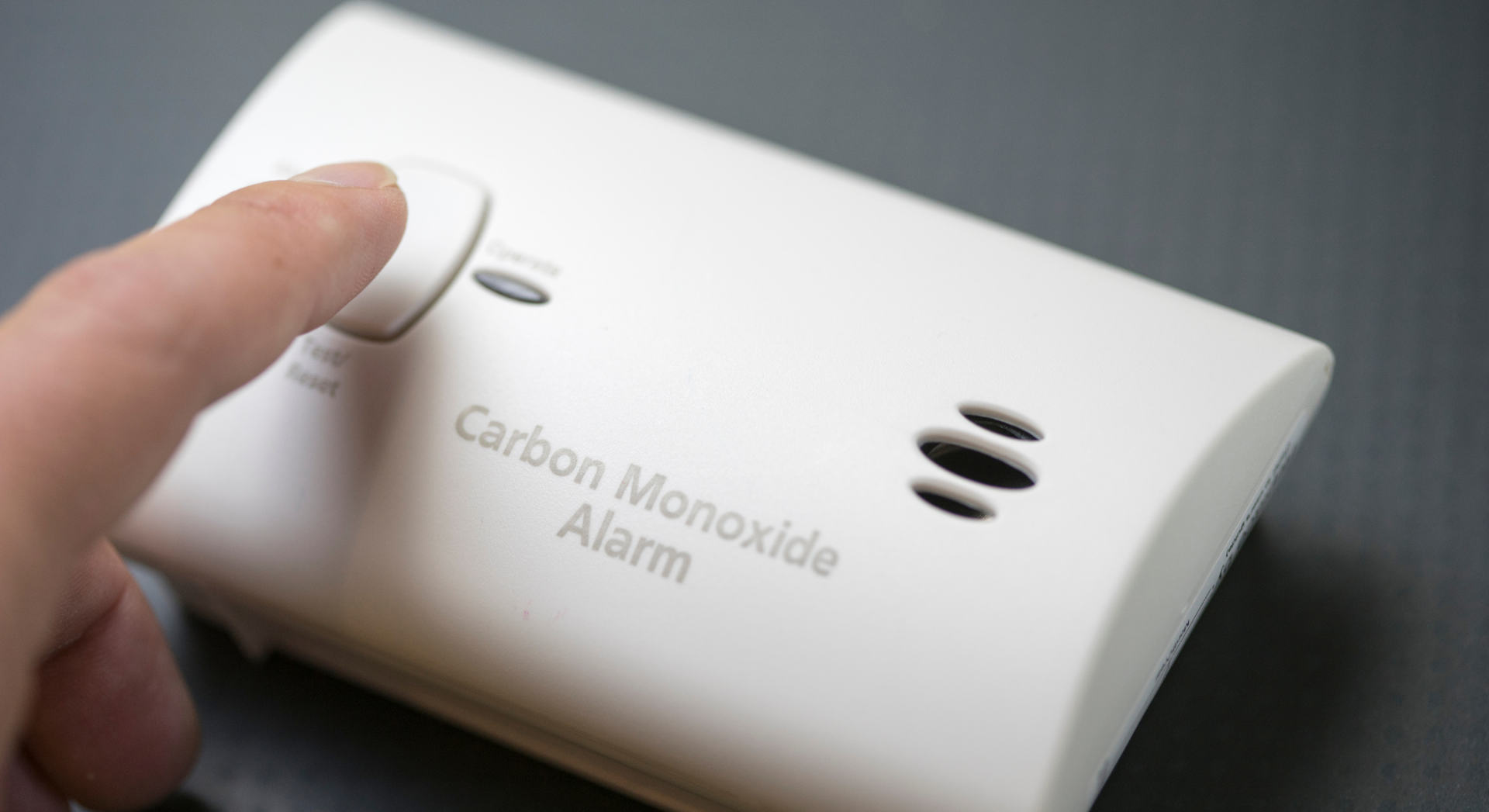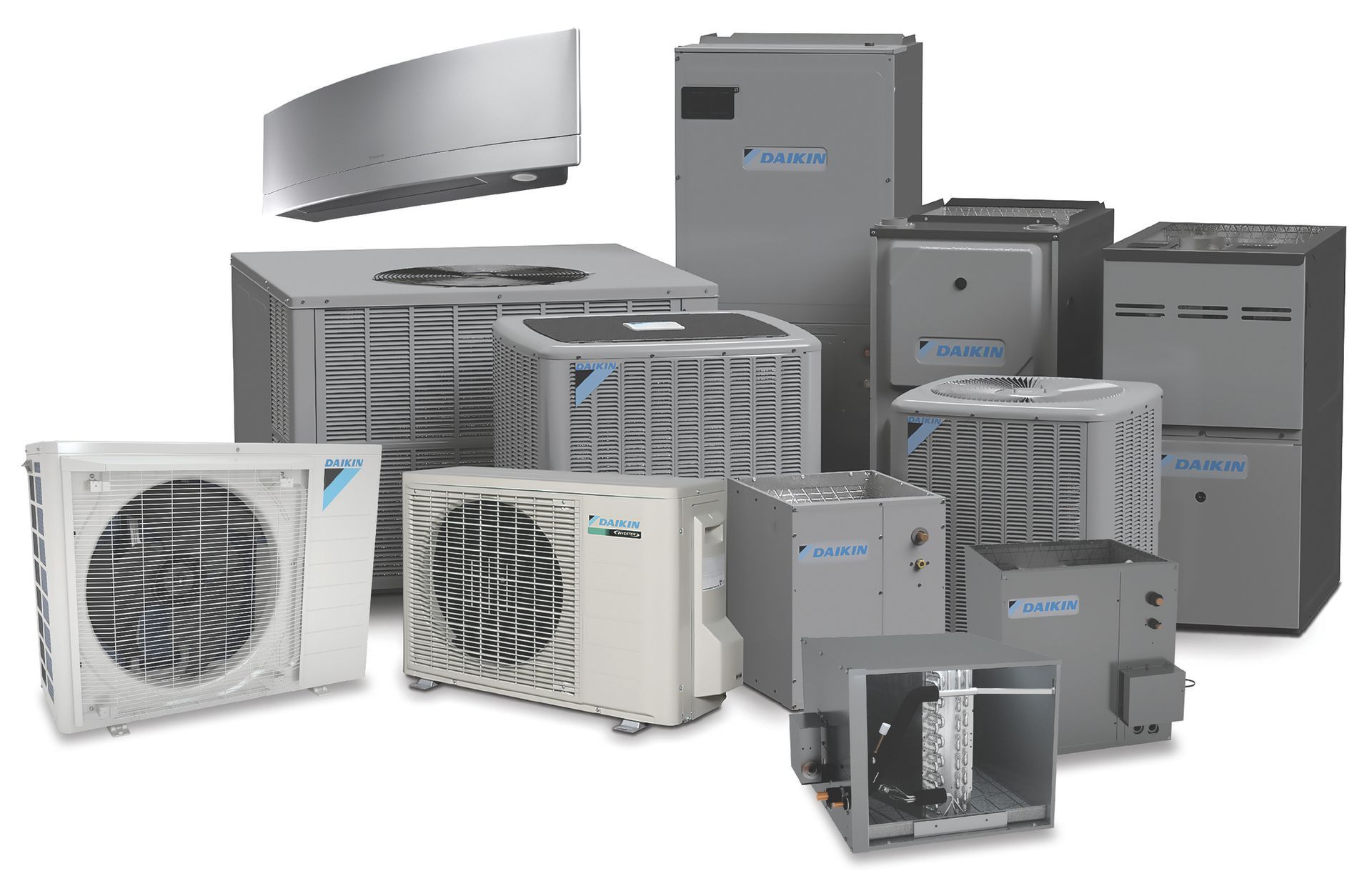What Homeowners Should Know About Upgrading Their Electrical Panel
⚡ Still Using Fuses? Here’s What Homeowners Should Know About Upgrading Their Electrical Panel

If your home still relies on a fuse box instead of a modern circuit breaker panel, you're not alone—but you might be overdue for an upgrade. Fuse boxes were common in homes built before the 1960s, but today’s electrical demands often exceed what these systems were designed to handle. Upgrading isn’t just about convenience—it’s about safety, efficiency, and future-proofing your home.
🔍 Why Fuse Boxes Are Outdated
- Limited Capacity: Older fuse boxes weren’t built for today’s high-powered appliances, smart devices, and HVAC systems.
- Safety Concerns: Fuses can overheat or be improperly replaced, increasing the risk of electrical fires.
- Insurance Issues: Some insurers may charge higher premiums—or refuse coverage—if your home still uses fuses.
- Resale Value: A modern panel can be a selling point for buyers concerned about safety and energy efficiency.
🛠️ What’s Involved in Upgrading to a Circuit Breaker Panel?
Upgrading from a fuse box to a circuit breaker panel typically involves:
- Removing the old fuse box
- Installing a new breaker panel with appropriate amperage (usually 100–200 amps)
- Rewiring connections to meet current electrical codes
- Permits and inspections to ensure safety and compliance
If your home has outdated wiring or other electrical issues, those may need to be addressed during the upgrade.
💰 Cost Expectations
The cost to upgrade your electrical panel can vary based on your location, the size of your home, and the complexity of the job. Here’s a general breakdown:
Basic panel upgrade (100 amps)
$1,500 to $2,500
Full upgrade (200 amps)
$2,500 to $4,000
Additional wiring or repairs
Starting at $500 and going up to $2,000 or more
Note: These are ballpark figures. Always get multiple quotes from licensed electricians.
⏳ How Long Does It Take?
Most panel upgrades take 1 to 2 days, depending on the scope of work. If additional wiring or structural changes are needed, it could take longer. Your electrician will coordinate with local inspectors to ensure everything is up to code.
✅ What Homeowners Should Do Next
- Schedule an inspection with a licensed electrician to assess your current system.
- Get multiple quotes to compare pricing and scope.
- Ask about permits and whether your contractor will handle them.
- Plan for downtime—you may be without power for part of the upgrade.
🏡 Final Thoughts
Upgrading your fuse box isn’t just a technical fix—it’s a smart investment in your home’s safety and functionality. Whether you’re planning renovations, adding new appliances, or just want peace of mind, a modern electrical panel is a must-have for today’s homeowners.
Click Another Article to Read More










